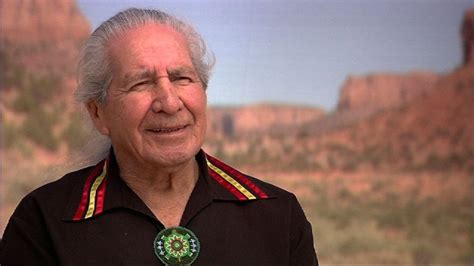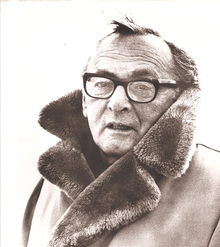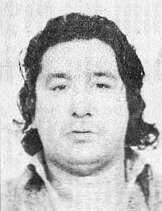A Quote by Arthur Conan Doyle
So tomorrow we disappear into the unknown. This account I am transmitting down the river by canoe, and it may be our last word to those who are interested in our fate.
Related Quotes
Our destiny and ultimate fate depend upon our daily decisions. . . .Tomorrow's joy or tomorrow's despair has its roots in decisions we make today. . . . Those who stand at the threshold of life always waiting for the right time to change are like the man who stands at the bank of a river waiting for the water to pass so he can cross on dry land.
The sad truth is that opportunity doesn't knock twice. You can put things off until tomorrow but tomorrow may never come. Where will you be a few years down the line. Will it be everything you dreamed of. We seal our fate with the choices we take, but don't give a second thought to the chances we take.
Our lives are a battlefield on which is fought a continuous war between the forces that are pledged to confirm our humanity and those determined to dismantle it; those who strive to build a protective wall around it, and those who wish to pull it down; those who seek to mould it and those committed to breaking it up; those who aim to open our eyes, to make us see the light and look to tomorrow [...] and those who wish to lull us into closing our eyes
To simplify things down to their real essence, whenever things go wrong in our lives, whenever our plans go awry and the things we took for granted suddenly disappear, we have a very simple choice. We can either succumb to despair and assume the attitude of the put upon victim, powerless to change our fate, or we can decide to turn the tragedy into an opportunity.
It is a written fact that our people had warned of all these consequences of wrongful environmental behavior since our very first contact with the non-Indians. There was a time when our elders used to say to us, "You can't function with one foot in the white man's canoe and one foot in the Indian's canoe." With these extreme environmental concerns taking place on the earth, mankind is all in the same boat. Or better be.
There is one distinctive charm about fishing - its fascinations will stand any climate. You may sit crouching on ice over a hole inside the arctic circle, or on a Windsor chair by the side of the River Lea in the so-called temperate zone, or you may squat in a canoe on an equatorial river, with the surrounding atmosphere forty-five percent mosquito, and if you are fishing you will enjoy yourself.
When we can't hold back, or set boundaries, on what comes from our lips, our words are in charge-not us. But we are still responsible for those words. Our words do not come from somewhere outside of us, as if we were a ventriloquist's dummy. They are the product of our hearts. Our saying, "I didn't mean that," is probably better translated, "I didn't want you to know I thought that about you." We need to take responsibility for our words. "But I tell you that men will have to give account on the day of judgment for every careless word they have spoken" (Matt. 12:36).





































